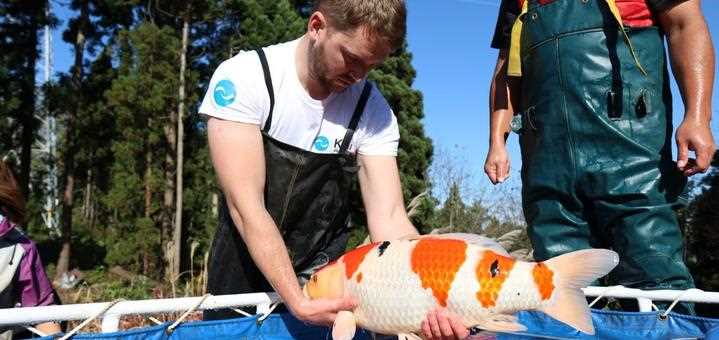Clinical negligence specialists have warned COVID-19 continues to disrupt the early diagnosis of cancer in the population.
Research by a number of organisations this year has shown that potential patients have held off being diagnosed due to the ongoing pandemic and the additional pressures being placed on the NHS.
The cancellation of routine appointments, procedures and scans could see thousands of delayed diagnoses and in some cases avoidable deaths.
Kate Lax, medical negligence associate at Wake Smith Solicitors, looks at the potential numbers and the issues.
“It is concerning the impact the pandemic is having on non-COVID patients due to the disruption of services.
“Millions of people missed out on potentially life-saving scans when non-COVID NHS services ground to a halt during the pandemic and the kick-back from this is still being seen.
“The lack of urgent treatment has led to people presenting at hospital in a worsened condition, delays in diagnosis, and in some cases avoidable deaths.
“The question we face is what we do now to acknowledge and address the seriousness of this problem.
“Concerned potential cancer patients should not be considered a low priority during the crisis and more needs to be done to bring down the growing waiting list in the short term.
"There is also a cohort of undiagnosed patients out there. They need to come forward and get the care they need."
Cancer charity MacMillan says the backlog of cancer patients from the first lockdown could be 50,000 while there might be double the number of patients from the second lockdown.
An international study has suggested that for every four-week delay in treatment there is a 6%-13% reduction in survival which could lead to the death of tens of thousands of cancer patients who could have survived under normal circumstances.
According to research, in England, at least 4.4 million fewer scans were performed by the NHS between April and September this year compared to the same period in 2019.
One in seven people are now waiting more than three months for a scan as the NHS attempts to clear the backlog. NHS guidance in England and Scotland states patients should receive a scan within six weeks of referral.
NHS England says some services are now back to the same levels as last year, after non-essential appointments for scans were cancelled by trusts and COVID patients took priority, but the issues have highlighted shortfalls in staff to use equipment.
Kate added: “Delays in diagnosis can cause immense distress to patients and their families who are already feeling extremely vulnerable.
“Where a patient's cancer has been misdiagnosed or there has been an unacceptable delay in diagnosing the cancer, resulting in their health suffering, a negligence claim may be available.
“Acting quickly and taking professional advice from specialist solicitors is vital, as strict time limits apply and important evidence can be lost.”
Wake Smith’s team of medical negligence lawyers are experienced in dealing with cancer negligence claims.
For further information please contact Kate Lax at [email protected]



